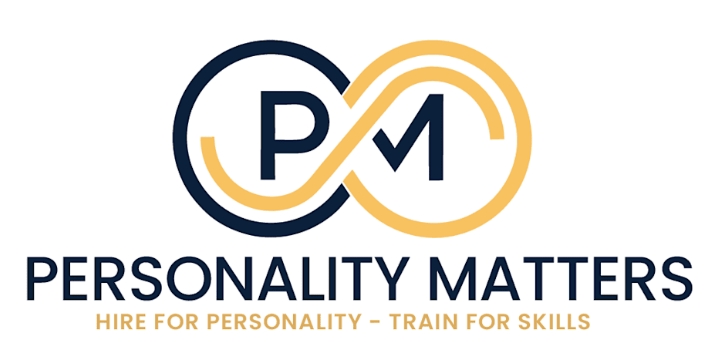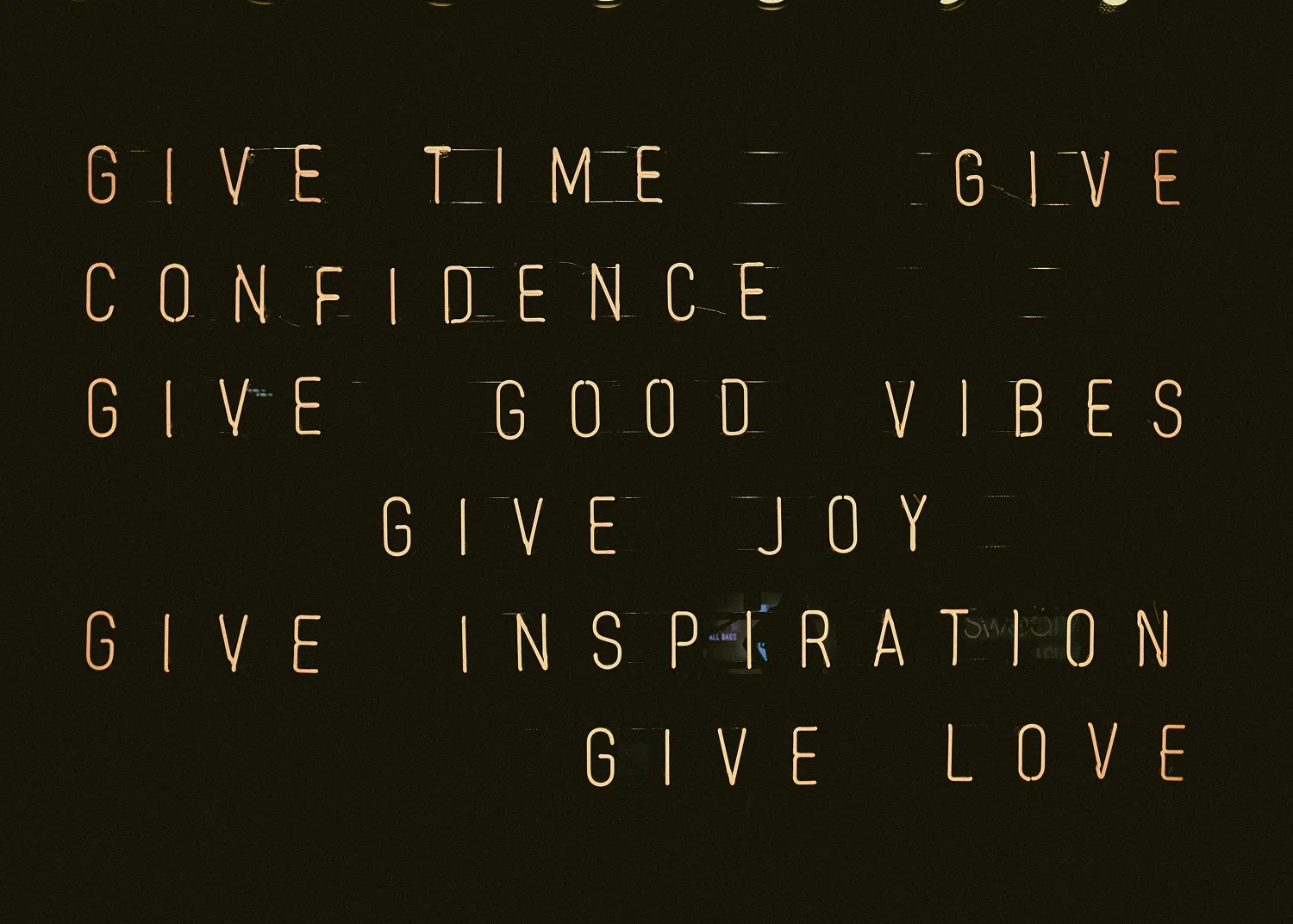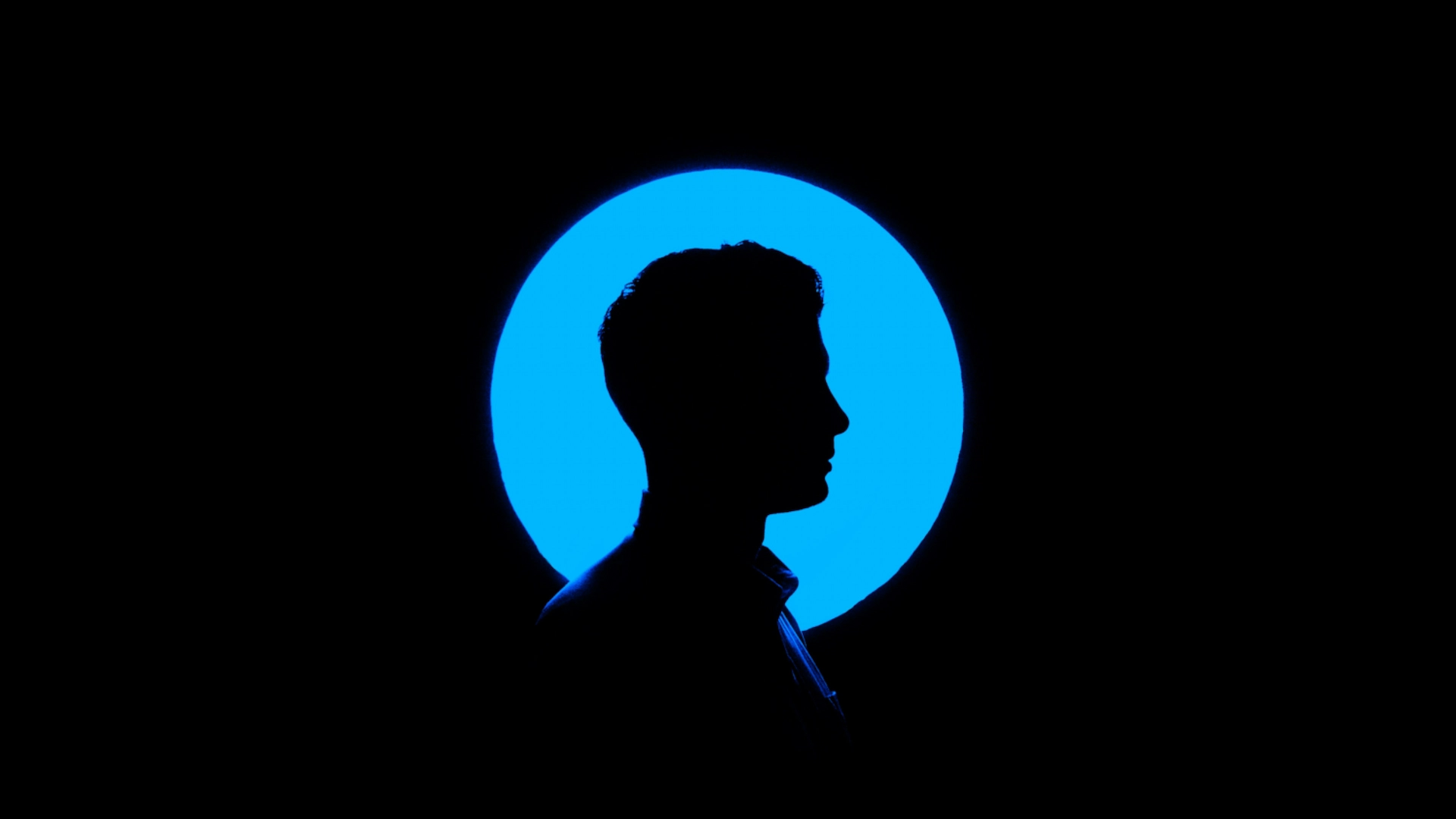When most people hear the term lifestyle coaching, they imagine one-on-one sessions focused solely on helping a person improve their habits, mindset, or health. And while that’s certainly part of it, here’s what often gets overlooked:
Lifestyle coaching isn’t just about the individual. It’s about the ripple effect they create.
In truth, when one person commits to living better—more mindfully, more purposefully, more aligned—it doesn’t just benefit them. It impacts their relationships, communities, workplaces, and even generations to come.
Let’s explore why lifestyle coaching goes far beyond self-improvement—and how its influence can transform the world around us.
1. Personal Growth Leads to Healthier Relationships
As clients work on self-awareness, emotional regulation, and communication, something powerful happens:
Their relationships start to shift.
They begin to:
Set healthier boundaries
Communicate more clearly
Show up with more empathy and presence
This often leads to healthier dynamics at home, with partners, children, friends, and colleagues. When people change from within, their connections naturally evolve for the better.
A more grounded, self-aware person makes every room they walk into calmer and more intentional.
2. Positive Habits Influence the Environment
Ever noticed how one person’s energy can lift—or drain—an entire group?
When a coaching client starts prioritizing sleep, nutrition, movement, or mindfulness, they often become a model of possibility for others. Friends or coworkers may get inspired to:
Join a fitness class
Cut back on burnout habits
Practice gratitude or meditation
Lifestyle coaching often plants seeds of change that grow far beyond the original client.
3. Coaching Promotes a Culture Shift in Workplaces
Coaching isn’t just for individuals—it’s becoming a powerful tool in company cultures.
Employees who receive lifestyle or well-being coaching often:
Manage stress more effectively
Show up with more clarity and purpose
Lead with authenticity and compassion
This shifts workplace dynamics from high-pressure to high-performance with heart. A supported employee becomes a more impactful team member and leader.
4. It Challenges Generational Patterns
Many people carry habits and mindsets inherited from family or culture—some empowering, others limiting.
Lifestyle coaching helps clients examine:
Their beliefs about success, worth, and rest
Patterns like people-pleasing, scarcity mindset, or overworking
Emotional habits passed down unconsciously
By breaking these patterns and choosing healthier ones, clients don’t just change their own lives—they change what they pass on to their children, communities, and future generations.
Healing yourself is a revolutionary act. It stops cycles from repeating.
5. It Cultivates Social Responsibility
Coaching often starts with individual goals—but it doesn’t stop there. As clients grow, they often develop a deeper sense of purpose and responsibility to others.
They may become more:
Involved in their communities
Aware of social or environmental issues
Committed to making a meaningful difference
True lifestyle transformation reconnects people to a bigger picture—where well-being is not isolated, but interconnected.
Final Thoughts: The Ripple Effect of Coaching
Lifestyle coaching isn’t just about feeling better or achieving more. It’s about becoming the kind of person who inspires, uplifts, and leads by example.
It’s about showing that growth isn’t selfish—it’s contagious.
So the next time someone says coaching is just about “fixing” individuals, remind them:
“When one person transforms their life, the impact doesn’t stop with them. It spreads. Quietly, powerfully, and endlessly.”
Want to Experience the Ripple?
If you’re curious how coaching could benefit not just you, but everyone you touch, start with a simple reflection:
What kind of ripple do I want to create in the world around me?
That’s where true lifestyle change begins.














